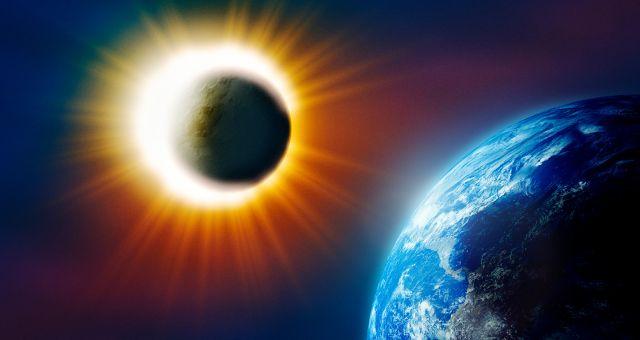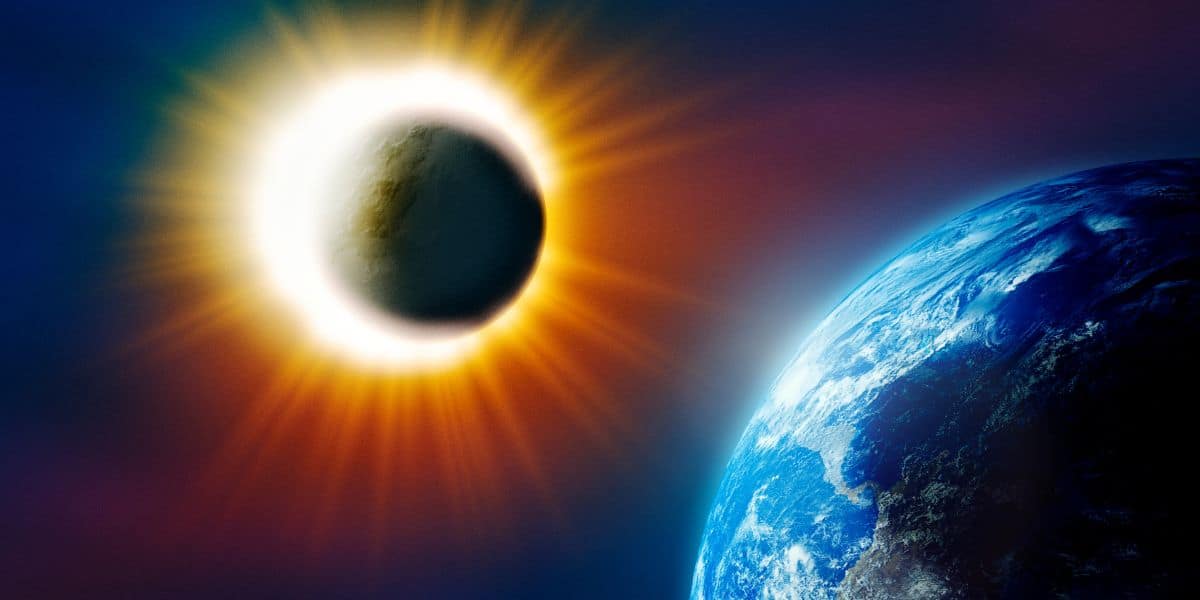
During the solar eclipse on April 8, 2024 people on Earth will be able to see the Moon partially, or completely, block the Sun. The path of totality – the places where people can see the Moon completely block the Sun, happens to include Indianapolis! You can learn about solar eclipses online, by checking out books or movies from The Library, or by attending one of our programs. We have some great programs and books for kids too!
Pick up a pair of eclipse glasses.
Through a partnership with The Star Network Library, The Indianapolis Public Library will be offering free eclipse glasses to the public beginning March 15, while supples last. Glasses are available one per person, per visit.
Learn why wearing these glasses is so important to protect your eyes:
Attend a program.
Learn about solar eclipses and how to watch them.
- NASA 2024 Total Solar Eclipse
NASA is focusing on both safety (proper viewing), the fundamentals of astronomy, as well as how, why, and what to expect during the event. Register with NASA for their livestreaming event “Through the Eyes of NASA. - Watch four different livestreams from the Exploratorium.
Note two of their livestreams are from the vantage point of a telescope and one is in Spanish. - Exploratorium: How to Safely View a Solar Eclipse
Use these tips to get the best life view of the exlipse without damaging your eyes. - NASA: Eclipses
Here is a great introduction to solar eclipses directly from Earth’s resident experts – the astronomers at NASA. The site includes a great map which shows how Indianapolis lies directly in the “path of totality.” - American Astronomical Society: Eclipse Across Ameria
More information from the experts including links to their favorite website about solar eclipses. Of special note is a helpful section called How to View a Solar Eclipse Safely that includes directions for making some DIY viewers.
Share the experience with kids.
PBS Kids: Read a Book – Solar Eclipse
Enjoy this video read aloud which tells the story of the British astronomer Arthur Stanley Eddington who decided to test Einstein’s theory of general relativity by photographing the 1919 solar eclipse.
Exploratorium
Find out where to be and what to do for the eclipse experience of a lifetime.
NASA for Kids: What is an Eclipse?
The Planetary Society: Sharing an Eclipse with Kids
Reading Recommendations for Adults
Look to this list for some intriguing science fiction takes on cosmic disasters! These titles include tragic and/or triumphant tales where the threat of the Sun, the Moon, or another space feature impacting Earth causes global catastrophes, and their endings will probably leave you in some kind of existential and/or philanthropic state. Enjoy!
Total Eclipse and Sky Gazing For Kids
The skies have so much mystery, science, and beauty. Enjoy the list inspired by the total eclipse and the power of our universe. Since the dawn of time, humans have looked up and tried to figure out their place in the world. Let’s all “engage” and journey into space and beyond.
